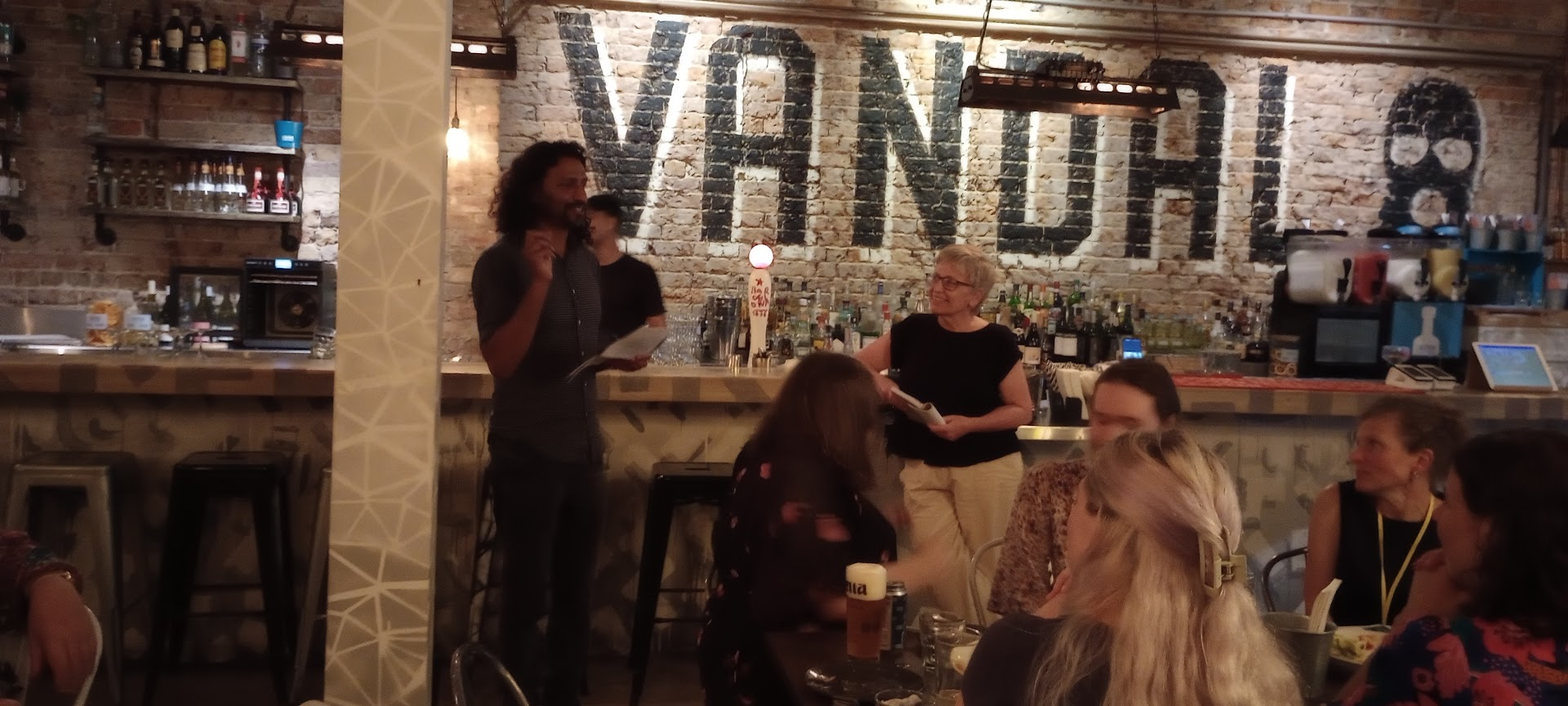Call for Papers for the #ECPG21 (European Conference on Politics and Gender, 7-9 July 2021, University of Ljubljana). Due 29 November, 2020.
At the dawn of the Anthropocene, the category of the human (the “anthropos” of the new era) needs to be critically examined. This need goes against the dominant tendencies in political theory and science that, for the better part of their history, have been founded on the exclusive right of humans to convene a polis. Despite the important enlargement of the category ‘human’, many feminist, queer and intersectional studies of European politics have been reluctant to also consider the more-than-human milieu. For example, there are increasing studies concerned with women’s political representation, political debates on Islamic veiling or with the gender and sexual politics of right-wing parties and social movements. These are very important in their own right, in both an academic and political sense. They also fall short of engaging with the fact that our realities are comprised of more-than-human entities which translate into concrete non-human political urgencies, such as climate change, animal practices, animal ethics, tensions between wildlife and urbanity, and land issues.
There are a wide range of theoretical approaches firmly grounding themselves within feminism, anti-racism or intersectionality that do engage the non-human. These theoretical orientations have been quite successful in establishing firm links between environmental and gender or race issues (here we think of rich fields such as ecofeminism, environmental feminist philosophy, decolonial ecology, postcolonial ecocriticism, critical animal studies, feminist posthumanism, feminist new materialism, and varieties of political ecology). However, studies focused in particular on European politics have been slower to engage these theories. We think that there are important opportunities in applying the radical rethinking of politics around more-than-human assemblages to European cases. The aim of this panel then is to carve out the space to think with and about the non-human in European politics from an engagement with gender, race or intersectional scholarship.
We take up the phrase ‘European politics’ broadly, as this may include topics that have captured the attention of local, national or European representative politics, social movements, political parties or general political debates. The ‘non-human’ here is also given a broad meaning, and may refer to nature as such, ecology, climate, environments, wildlife, farming, food, pets, lands, rivers, sees, viruses, technology, and so on. We are especially looking for studies rooted in European contexts.
We welcome empirical studies as well as theoretical or philosophical essays. Ideally, the panel would host a mix of these approaches. Please send an abstract of no more than 500 words, as well as a short author biography , to mariska.jung@vub.be by 29 November 2020 at 00:00 CET the latest. We will let you know by 4 December 2020 if your abstract has been selected for our panel proposal.
Please note that the panel will be proposed to #ECPG21 in the Open Section. There is no guarantee that our panel will be accepted by the conference organizers. We will keep you updated on the fate of our proposal as news reaches us. Thank you for your interest!
PANEL ORGANIZERS
Mariska Jung, PhD candidate at the Department of Political Science with the Vrije Universiteit Brussel in Belgium. Jung studies the dynamics between race, religion and animals in postcolonial Europe from a political theoretical perspective.
Mihnea Tanasescu, postdoctoral fellow at the Department of Political Science with the Vrije Universiteit Brussel in Belgium. Tanasescu specializes in political ecology as well as the rights and political representation of nature.


